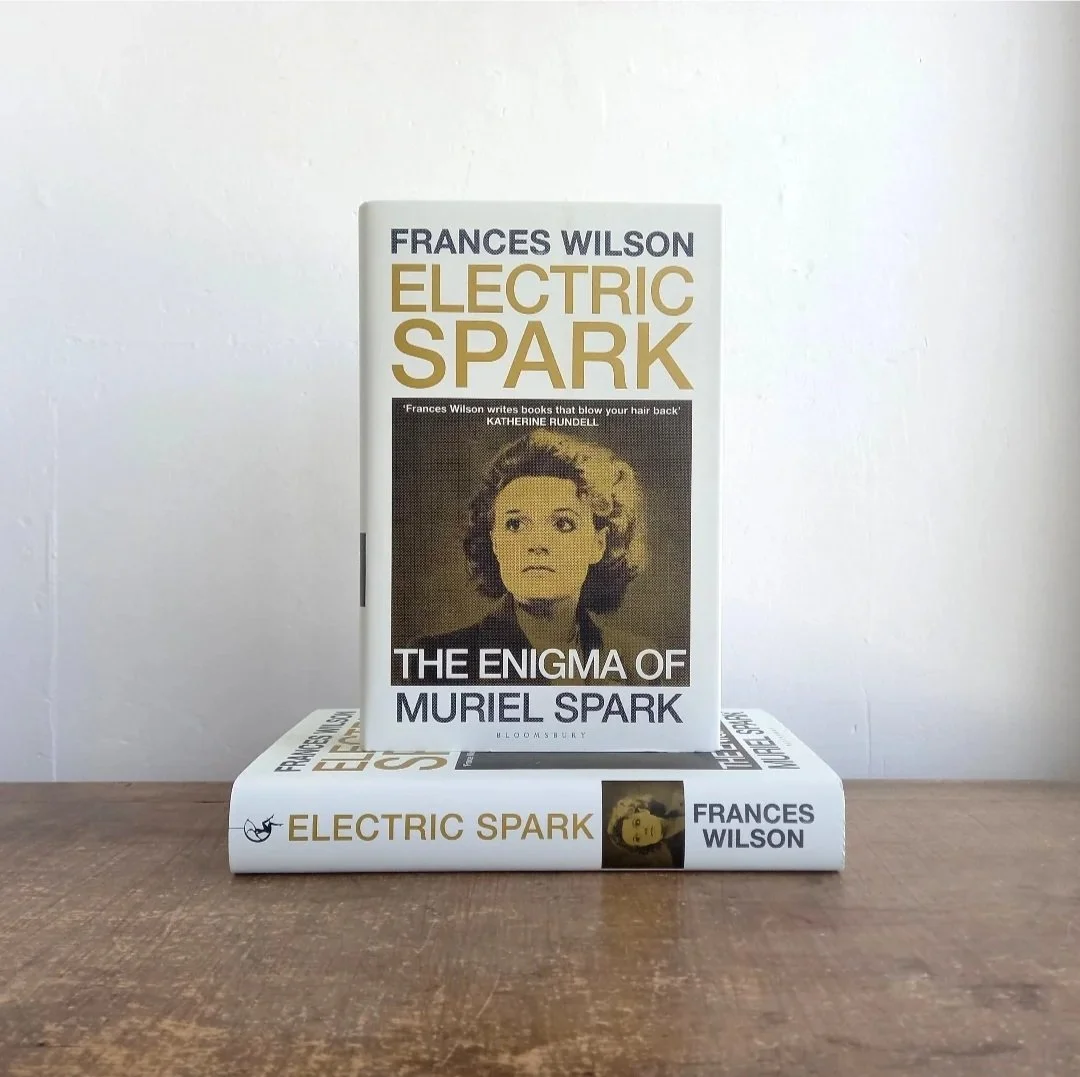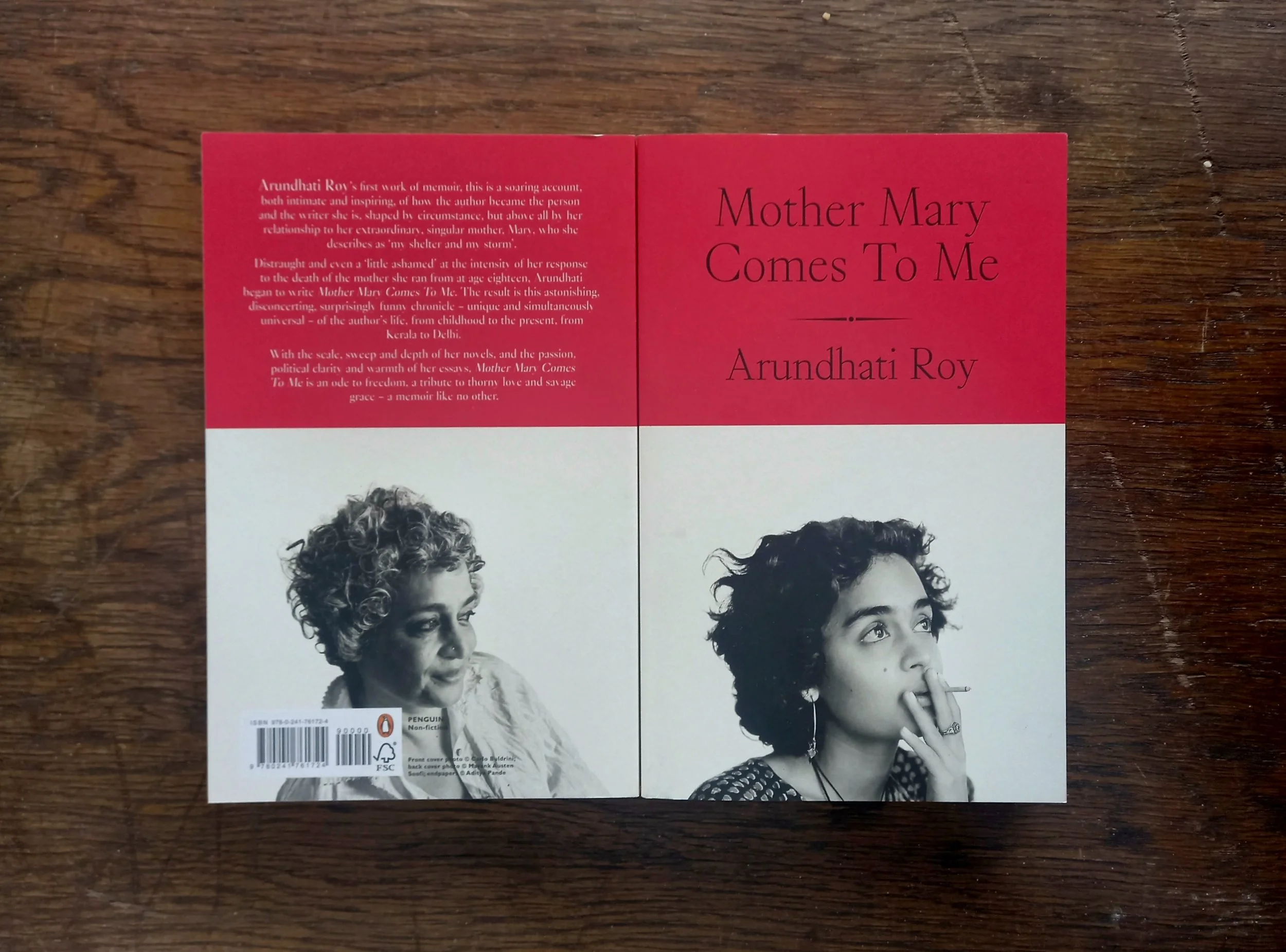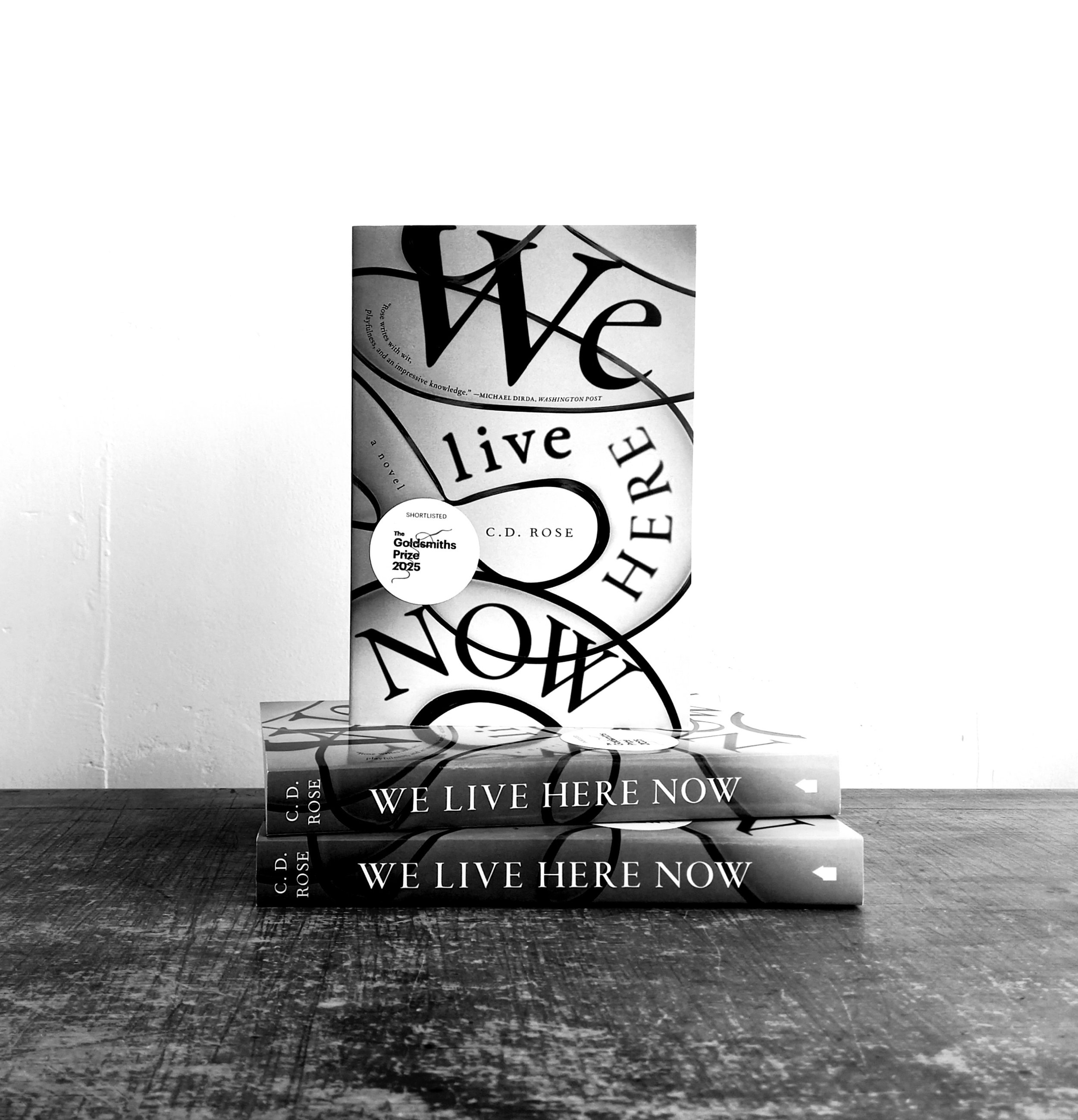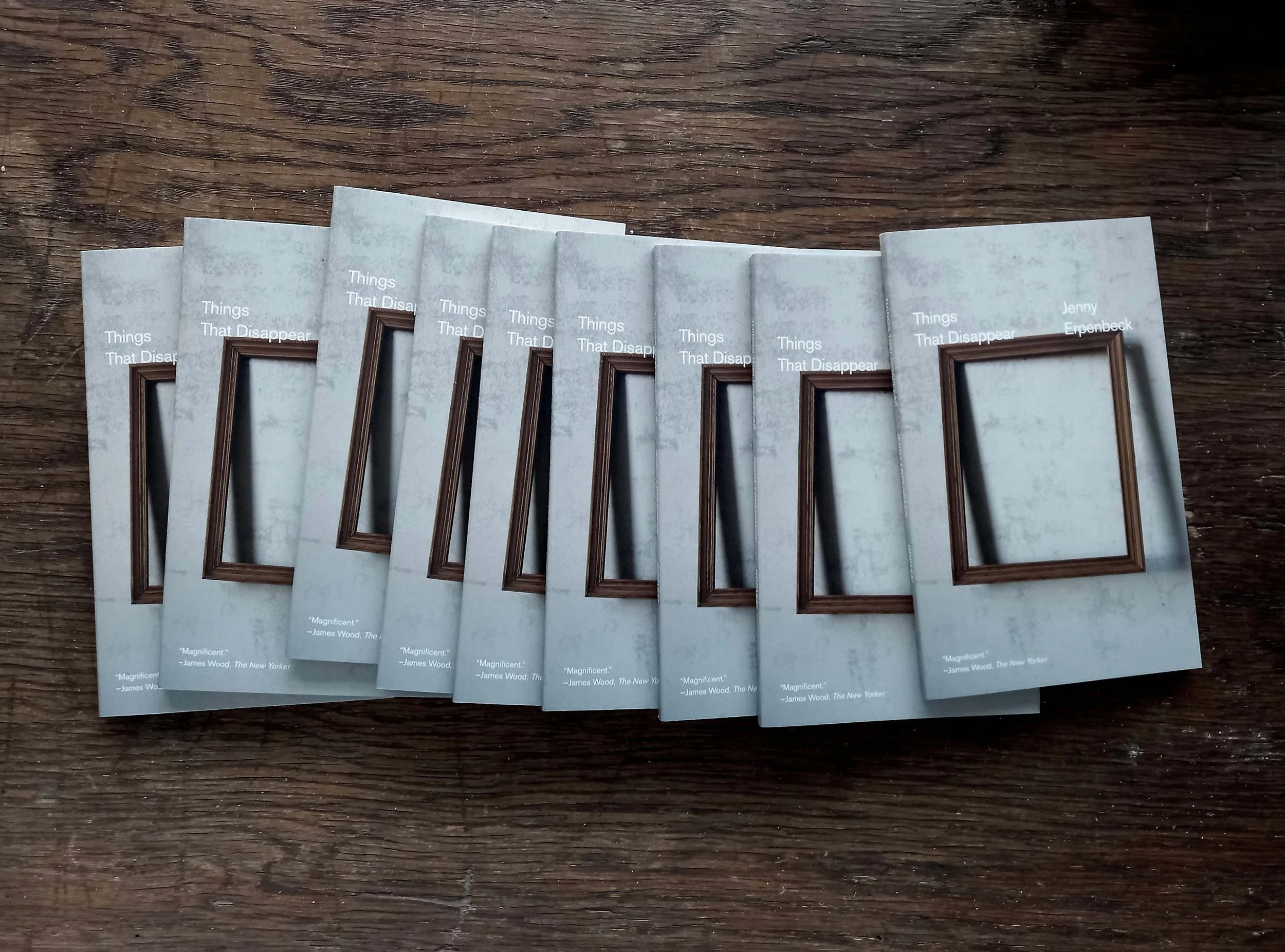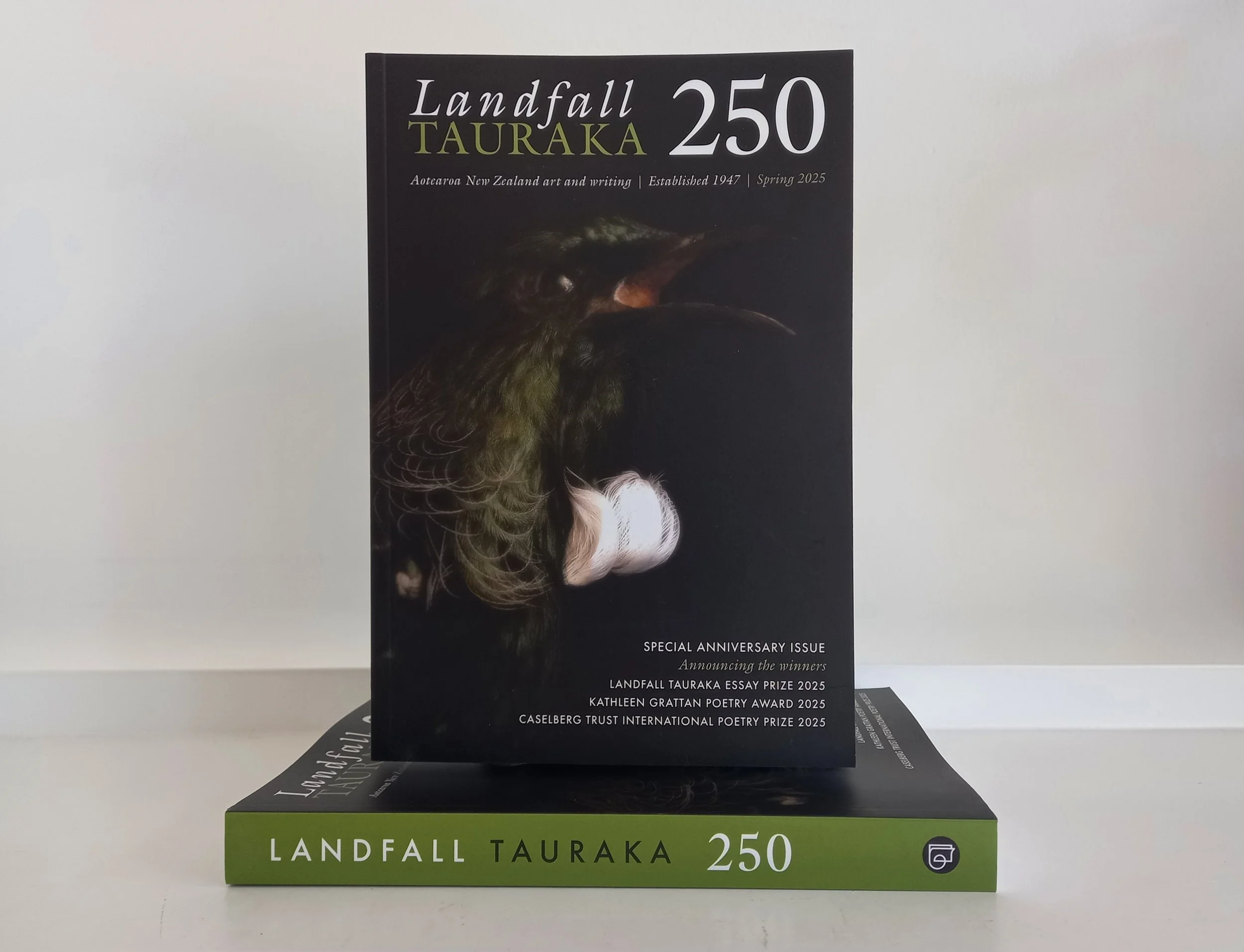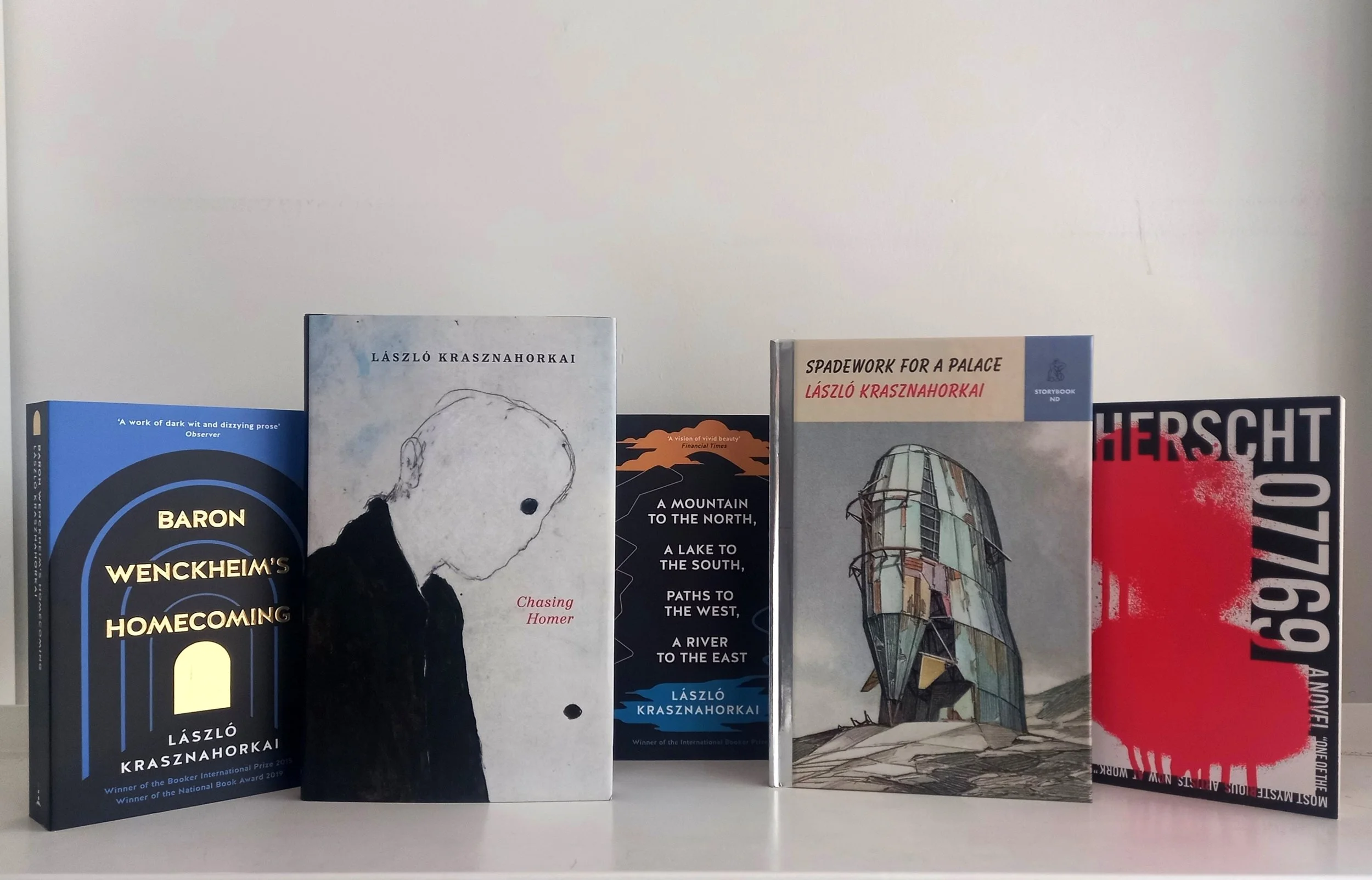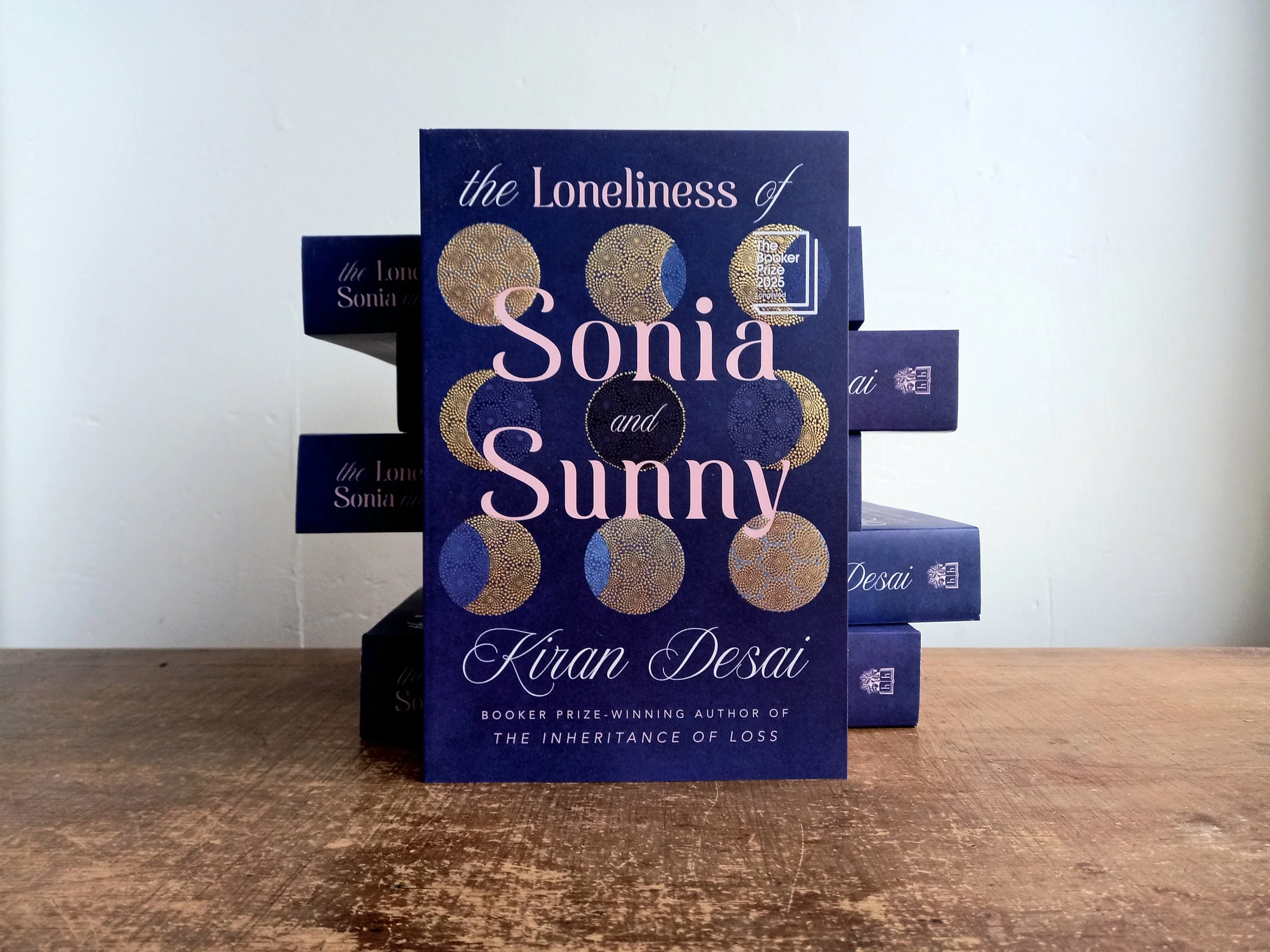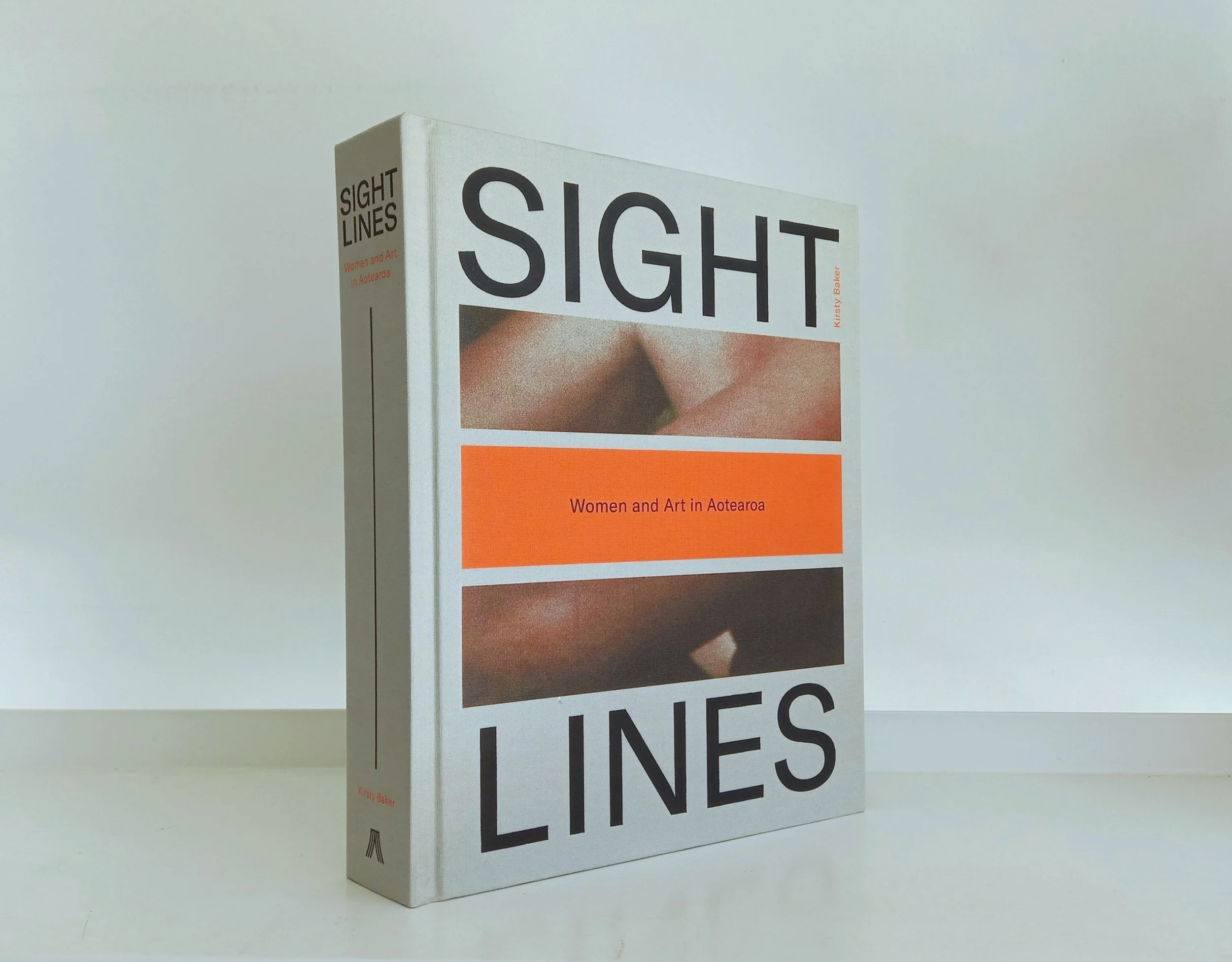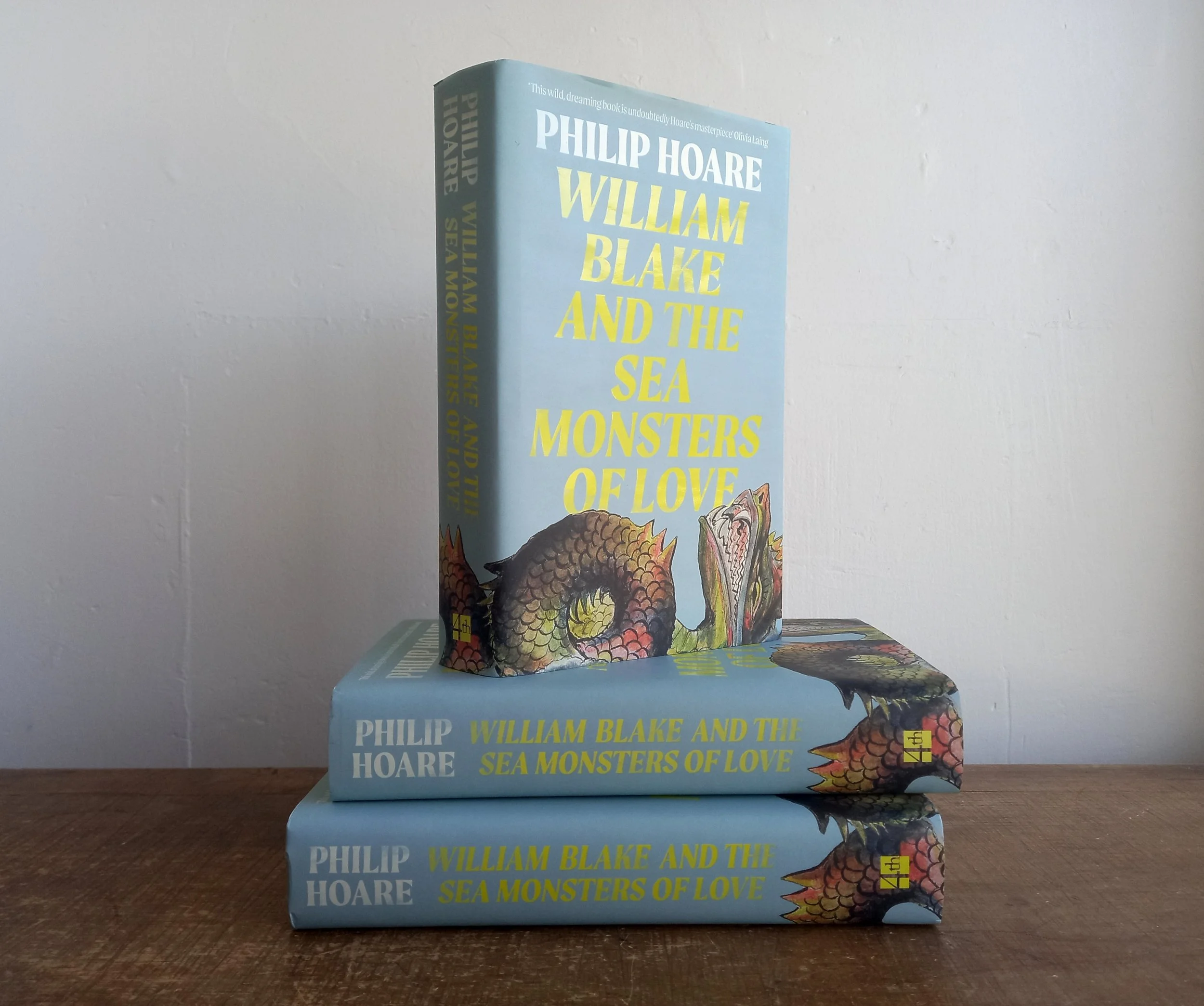“A revolutionary book. When Spark published her first novel, The Comforters, in 1957, it was recognised as unique — something that quite simply had never been done before. Wilson's achievement in Electric Spark is equally remarkable: an entirely original method of life writing which leaves conventional biographical techniques gasping in the dust. Electric Spark heaves with ghosts and furies, burglaries and blackmail. It is disquieting and absolutely mesmerising. I was possessed by this book in the same way that I suspect its author was possessed by Spark. It still hasn't put me down.” —Lisa Hilton, Spectator
”Wilson is not any old biographer. Her books are intense, eclectic and wildly diversionary, her intelligence rising from their pages like steam — and in Spark, the cleverest and the weirdest of them all, she may have found her ultimate subject.” —Rachel Cooke, Observer
Perhaps the objects that carry the most meaning in our lives, the ones that are most imbued with the connections we have with the significant people in our pasts, the ones that both store and release the memories that are fundamental to our idea of ourselves, are not so much the precious heirlooms or heritage pieces but rather the ordinary objects that we use every day, just as, perhaps, their previous owners used them every day before us. The kitchen probably holds the greatest concentration of such useful-and-meaningful objects, come to us in many different ways, each with its own story. Bee Wilson’s thoughtful and beautifully written book tells the stories attached to 35 kitchen objects of many origins, and gives insight into the texture of the lives of the people who used them, and their importance to the people who use them now.
Arundhati Roy's first work of memoir is a soaring account, both intimate and inspirational, of how the author became the person and the writer she is, shaped by circumstance, but above all by her complex relationship to Mary Roy, the extraordinary, singular mother she describes as "my shelter and my storm”. "Heart-smashed" by her mother's death in 2022 yet puzzled and "more than a little ashamed" by the intensity of her response, Roy began to write, to make sense of her feelings about the mother she ran from at age eighteen, "not because I didn't love her, but in order to be able to continue to love her”. And so begins this astonishing, sometimes disturbing, and surprisingly funny memoir of the author's journey from her childhood in Kerala, India, where her single mother founded a school, to the writing of her prizewinning novels and political essays, through today.
After the death of her invalid mother, a retired art teacher leaves her birthplace in the south for a beach cottage on a sub-tropical island in the north. Freed from endless lessons on still life and the dominating presence of her family, she hopes at last to be alone with nature and the ‘room two inches behind the eyes’. But the solitude she has sought mocks her with echoes of her past, when, one stormy night, an intruder pounds ceaselessly and inexplicably on her door. Propulsive yet poignant, A State of Siege is a mesmerising exploration of the artistic process, of selfhood and loneliness, and of death and its counterpart: the need to survive, to live. SoS was first published in 1966, and is now back in print.
”Intensely personal, Frame’s writing is always spiralling in on itself, towards the condition of myth, and yet it nails the moment, pins down experiences so fleeting that others would never grasp them. What eludes ordinary language, she can capture in the extraordinary argot of her imagination.'' —Hilary Mantel
When visitors to a famous conceptual artist's installation start mysteriously disappearing, the aftershocks radiate outwards through twelve people who were involved in the project, changing all of their lives, and launching them on a crazy-quilt trajectory that will end with them all together at one final, apocalyptic bacchanal. Mixing illusion and reality, simulacra and replicants, sound artists and death artists, performers and filmmakers and theorists and journalists, We Live Here Now ranges across the world of weapons dealers and international shipping to the galleries and studios on the cutting edge of hyper-contemporary art.
"C.C. Rose's genius novel is a book that shows it is possible for a novel to be at once highly original and to fit within an established tradition. We Live Here Now is both accessible and challenging, entertaining the reader with its ridiculous and sinister figures, even as it prompts more intellectual questions about the reality of appearances." —John Self
A collection of interlinked miniature prose pieces that grapple with the phenomenon of disappearance on scales both large and small. The things that disappear in these pages range from everyday objects such as socks and cheese to close friends and the social norms of common courtesy, to sites and objects resonant with East German history, such as the Palace of the Republic or the lines of sight now blocked by new construction in Berlin. Erpenbeck asks: "Is there some kind of perpetrator who makes things that I know cherish and disappear?" These things disappear, and yet do they really? Do they remain in our memories more fully than if they continued to exist?
Szalay uses his signature spare prose to unsparing effect in this novel that aligns surface and depth, style and plot to portray a protagonist unable to achieve agency in a world that expects him to dominate. “You have no way of knowing whether these experiences that you’re having are universal or entirely specific.”
“David Szalay’s novel follows István from his teenage years on a Hungarian housing estate to borstal, and from soldiering in Iraq to his career as personal security for London’s super-rich. In many ways István is stereotypically masculine — physical, impulsive, barely on speaking terms with his own feelings (and for much of the novel barely speaking: he must rank among the more reticent characters in literature). But somehow, using only the sparest of prose, this hypnotically tense and compelling book becomes an astonishingly moving portrait of a man’s life.” —Booker Prize judges’ citation
”I don’t think I’ve read a novel that uses the white space on the page so well. It’s as if the author, David Szalay, is inviting the reader to fill the space, to observe — almost to create — the character with him. The writing is spare and that is its great strength. Every word matters; the spaces between the words matter. The book is about living, and the strangeness of living and, as we read, as we turn the pages, we’re glad we’re alive and reading — experiencing — this extraordinary, singular novel.” — Roddy Doyle, Booker judges spokesperson
Find out more:
During a time of restricted movement, the narrator of Mr Outside visits his reclusive father Thomas who is packing up to move into a care home. As father and son grapple with the task, long-buried conflicts resurface. Thomas, a poet and former radical priest, slips between affection and fear, while the narrator struggles to find the words he’s been holding back. Yet amidst confusion and grief, moments of humour and connection emerge, as both men discover new ways to listen. Told through a striking combination of text and image, Klaces’ distilled novel explores the stories we tell about our lives, intimacy in crisis, and the fragile line between reality and delusion. Based on the life of his own father, Mr Outside is poignant, profound, and unexpectedly funny; a tender meditation on endings, the limits of understanding, and the act of letting go.
“A Kosovan torture survivor requests translation assistance at his therapy sessions. The novel’s narrator, a nameless translator, reluctantly agrees. But Alfred’s account of his experiences conjures hidden memories that seep into her psyche, forcing her to question her marriage and her place in the world. This is a story of a woman saddled between her Albanian past and her New York present. It explores the way that language is kept in our bodies, how it can reveal truths we aren’t ready to hear. Misinterpretation subtly blurs the distinction between help and harm. We found it propulsive, unsettling, and strangely human.” —Booker Prize judges’ citation
Unfortunately we need this book now more than we ever thought that we would — and we need it more by the day. Geoffrey Palmer draws on his experience as former Prime Minister, Minister of Justice, and Attorney-General to get people thinking about the state of New Zealand’s democracy. Palmer offers rare insights into the machinery of power and its vulnerabilities, and rather than surrendering to pessimism, he presents a roadmap for renewal. At a time when authoritarianism rises globally and the rule of law faces unprecedented threats, Palmer’s message is clear: ordinary citizens hold the key to democratic revitalisation through civic engagement and vigilance. This collection of thoughtful essays challenges readers to reclaim their role in governance. Palmer argues that regardless of which parties hold power, without public awareness and participation, democratic institutions will continue to weaken.
Aotearoa’s longest-running arts and literary journal honours its milestone 250th issue with a new name, a new design, cover art by Fiona Pardington and an exciting bumper issue. Landfall Tauraka 250 is filled with contributions from emerging and established writers and artists. Alongside the new writing, art and reviews from across the motu, the commemorative 250th issue debuts the Landfall Tauraka Craft Interview — a kōrero between Bill Manhire and editor Lynley Edmeades — and features reflections from cherished writers on the journal’s enduring impact. It also announces the winners of three major literary awards: the 2025 Caselberg Trust International Poetry Prize; the 2025 Kathleen Grattan Poetry Award; and the 2025 Landfall Tauraka Essay Prize. Landfall Tauraka was founded in 1947 as a periodical dedicated to New Zealand poetry, fiction, essays, art, criticism and reviews. The journal has been in continuous publication for nearly 80 years. In that time, it has become a living taonga, a record of creative and critical expression in Aotearoa, and a platform for an extraordinary range of voices.
There could be no more suitable Nobel laureate for the end of the world than László Krasznahorkai, whose astounding, frequently book-length sentences trace human thought’s struggle against the forces that would ultimately erase it. Although poised always on some sort of cultural event-horizon, Krasznahorkai’s books verbally resist the pull towards annihilation posed by the infinite gravity of social, political, historical, environmental and purely existential impossibilities, and provide glimmers of human authenticity in an increasingly depersonalising world. Pulling a dark literary thread backwards through Bernhard to Kafka, Krasznahorkai’s books have a profoundly hypnotic effect, shot with moments of beauty, exhilaration and clarity.
In this long-awaited, exquisitely written novel from the author of The Inheritance of Loss, two young people navigate the many forces that shape their lives — country, class, race, history, and the complicated bonds that link one generation to the next. Sonia, an aspiring novelist who recently completed her studies in the snowy mountains of Vermont, has returned to her family in India, fearing she is haunted by a dark spell cast by an artist to whom she had once turned for intimacy and inspiration. Sunny, a struggling journalist resettled in New York City, is attempting to flee his imperious mother and the violence of his warring clan. Uncertain of their future, Sonia and Sunny embark on a search for happiness together as they confront the many alienations of our modern world.
“This novel about Indians in America becomes one about westernised Indians rediscovering their country, and in some ways a novel about the Indian novel’s place in the world. Vast and immersive, the book enfolds a magical realist fable within a social novel within a love story. We loved the way in which no detail, large or small, seems to escape Desai’s attention, every character (in a huge cast) feels fully realised, and the writing moves with consummate fluency between an array of modes: philosophical, comic, earnest, emotional, and uncanny.” —2025 Booker Prize judges’ citation
Arundhati Roy's first work of memoir is a soaring account, both intimate and inspirational, of how the author became the person and the writer she is, shaped by circumstance, but above all by her complex relationship to Mary Roy, the extraordinary, singular mother she describes as "my shelter and my storm”. "Heart-smashed" by her mother's death in 2022 yet puzzled and "more than a little ashamed" by the intensity of her response, Roy began to write, to make sense of her feelings about the mother she ran from at age eighteen, "not because I didn't love her, but in order to be able to continue to love her”. And so begins this astonishing, sometimes disturbing, and surprisingly funny memoir of the author's journey from her childhood in Kerala, India, where her single mother founded a school, to the writing of her prizewinning novels and political essays, through today.
This beautifully produced and thought-provoking book has just won designer Katie Kerr the Best Book award in the 2025 PANZ Book Design Awards. Sight Lines is a bold new account of art-making in Aotearoa through 35 extraordinary women artists. From ancient whatu kakahu to contemporary installation art, Frances Hodgkins to Merata Mita, Fiona Clark to Mataaho Collective, Sight Lines tells the story of art made by women in Aotearoa. Gathered here are painters, photographers, performers, sculptors, weavers, textile artists, poets and activists. They have worked individually, collaboratively and in collectives. They have defied restrictive definitions of what art should be and what it can do. Their stories and their work enable us to ask new questions of art history in Aotearoa.
How have tangata whenua and tangata tiriti artists negotiated their relationships to each other, and to this place? How have women used their art-making to explore their relationships to land and water, family and community, politics and the nation? With more than 150 striking images, and essays by Chloe Cull, Ngarino Ellis, Ioana Gordon-Smith, Rangimarie Sophie Jolley, Lana Lopesi, Hanahiva Rose, Huhana Smith, Megan Tamati-Quennell, alongside Kirsty Baker, Sight Lines is waiting for a place on your art library shelf.
“An exceptional book. Thoughtfully conceived, well written, timely and significant. It manages to be both scholarly – informed by the state of art writing in the present – and accessible to a general readership interested in art, women and feminism in Aotearoa.” — Peter Brunt, Victoria University of Wellington—Te Herenga Waka
Szalay uses his signature spare prose to unsparing effect in this novel that aligns surface and depth, style and plot to portray a protagonist unable to achieve agency in a world that expects him to dominate. “You have no way of knowing whether these experiences that you’re having are universal or entirely specific.”
“David Szalay’s novel follows István from his teenage years on a Hungarian housing estate to borstal, and from soldiering in Iraq to his career as personal security for London’s super-rich. In many ways István is stereotypically masculine — physical, impulsive, barely on speaking terms with his own feelings (and for much of the novel barely speaking: he must rank among the more reticent characters in literature). But somehow, using only the sparest of prose, this hypnotically tense and compelling book becomes an astonishingly moving portrait of a man’s life.” —Booker Prize judges’ citation
Find out more:
On a Yorkshire farm, a man is brutally bludgeoned with a solid gold bar. A plucky young journalist sets out to uncover the truth surrounding the attack, connecting the dots between an amoral banker landlord, an iconoclastic columnist, and a radical anarchist movement. She solves the mystery, but her viral longread exposé raises more questions than it answers. Universality is a twisty, slippery descent into the rhetoric of truth and power. Through a voyeuristic lens, it focuses on words: what we say, how we say it, and what we really mean.
“Natasha Brown’s Universality is a compact yet sweeping satire. Told through a series of shifting perspectives, it reveals the contradictions of a society shaped by entrenched systems of economic, political, and media control. Brown moves the reader with cool precision from Hannah, a struggling freelancer, through to Lenny, an established columnist, unfurling through both of them an examination of the ways language and rhetoric are bound with power structures. We were particularly impressed by the book’s ability to discomfit and entertain, qualities that mark Universality as a bold and memorable achievement.” —Booker Prize judges’ citation
Thought takes place wherever it finds purchase, which, if you think about it, is pretty much everywhere. When we stand in the centre of our personal worlds we stand also in the centre of our thoughts, which stretch to the edges of our awareness and contain others who seem to us also to think. What are the thoughts like of these others? How do the thoughts of animals, for instance, differ from or suggest themselves to be similar to our own thoughts, and what could this difference or similarity tell us not only about what thought could be but also about what makes a person, and who or what else, apart from us, might be persons? Anna Jackson’s very enjoyable and thought-provoking book blends domestic circumstance, scientific factoids, hens, and philosophical conundra into a kind of thought generator, spilling thought, both Jackson’s and the reader’s own, in a way that makes it pleasurably impossible to tell which is which. Terrier, Worrier demonstrates the benefits of including the associative method of poetry alongside the Socratic method and the scientific method as useful modes of seeking knowledge of our world. {T}
Buckley perfectly captures the language we use for thinking, for overthinking, and for avoiding thinking in this precise, enjoyable novel about attempting to come to terms with memory, family, personal agency, guilt and loss while in a context that both denies the past and renders it inescapable.
“Following the death of her father, Teresa returns to the small coastal town in Greece she first visited when her mother died nearly a decade before. From this scenario, tacking between the events of the second trip and memories of the first, Buckley creates a novel of quiet brilliance and sly humour, packed with mystery and indeterminacy. The way in which the book interleaves Teresa’s relationship to her mother, her involvement in an amateur murder investigation, and an account of a love affair, raises questions about grief, obsession, personhood and human connectivity we found to be as stimulating as they are complex.” —2025 Booker Prize judges’ citation
The legacy of William Blake stretches 200 years to today not only through poetry and art but traditions of social, spiritual, sexual and political noncomformity. Philip Hoare drags himself from the company of whales and follows Derek Jarman to follow Paul Nash to photograph the megaliths at Avebury and towards a shared encounter with the luminous William Blake, electrically alive and inspiring to them all. Weaving between the historical, cultural and personal, Hoare reveals a web of creative minds and artistic iconoclasts fired with the unfettered genius of William Blake. Reaching out of his past and into our future, Blake draws together the natural world and metaphysical realms, merging the human and the animal and the spiritual, firing up 20th century artists, filmmakers, poets, writers and musicians with his radical promise of absolute freedom. As Hoare shows, art and poetry still have the power to make change.

